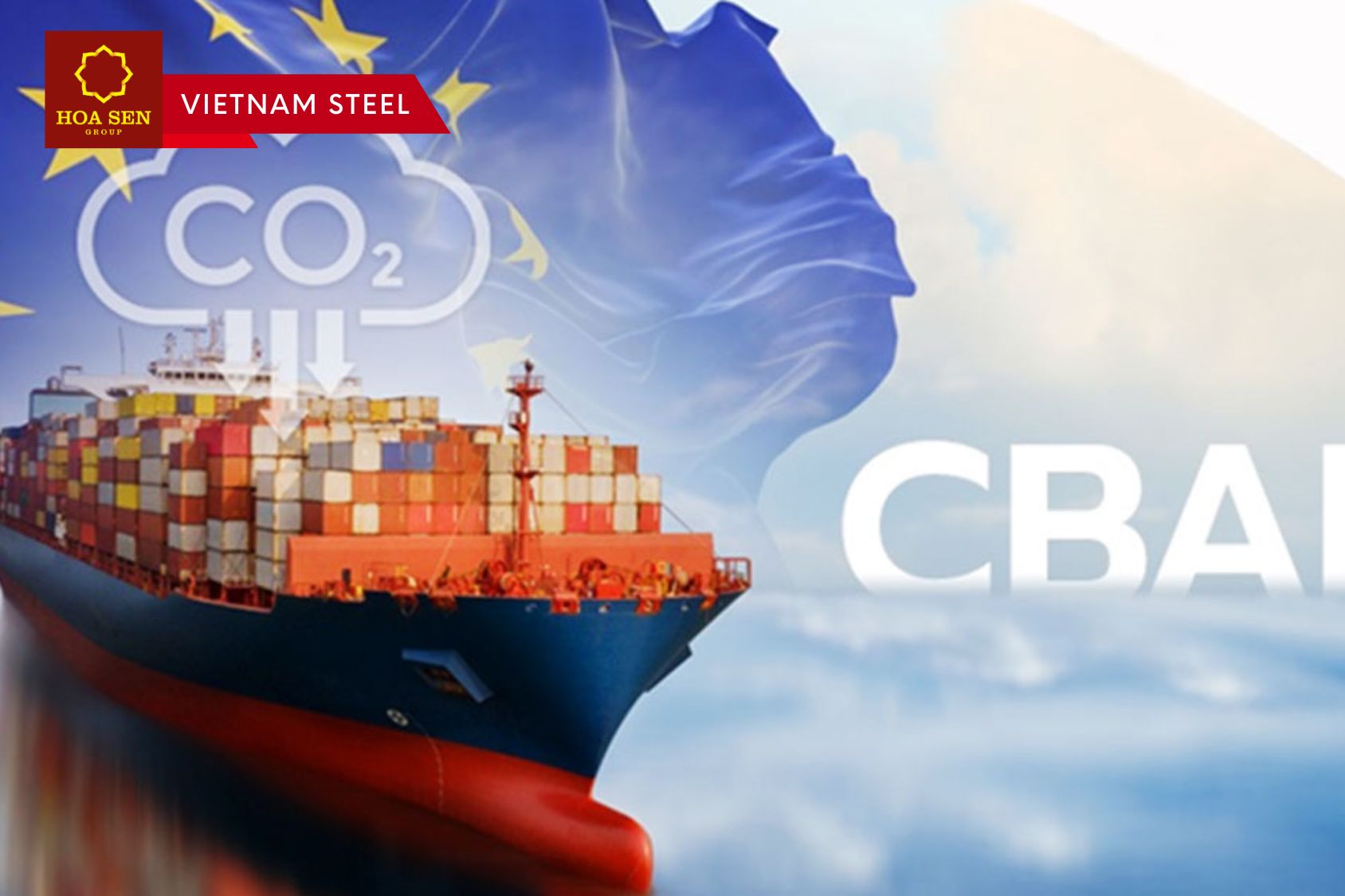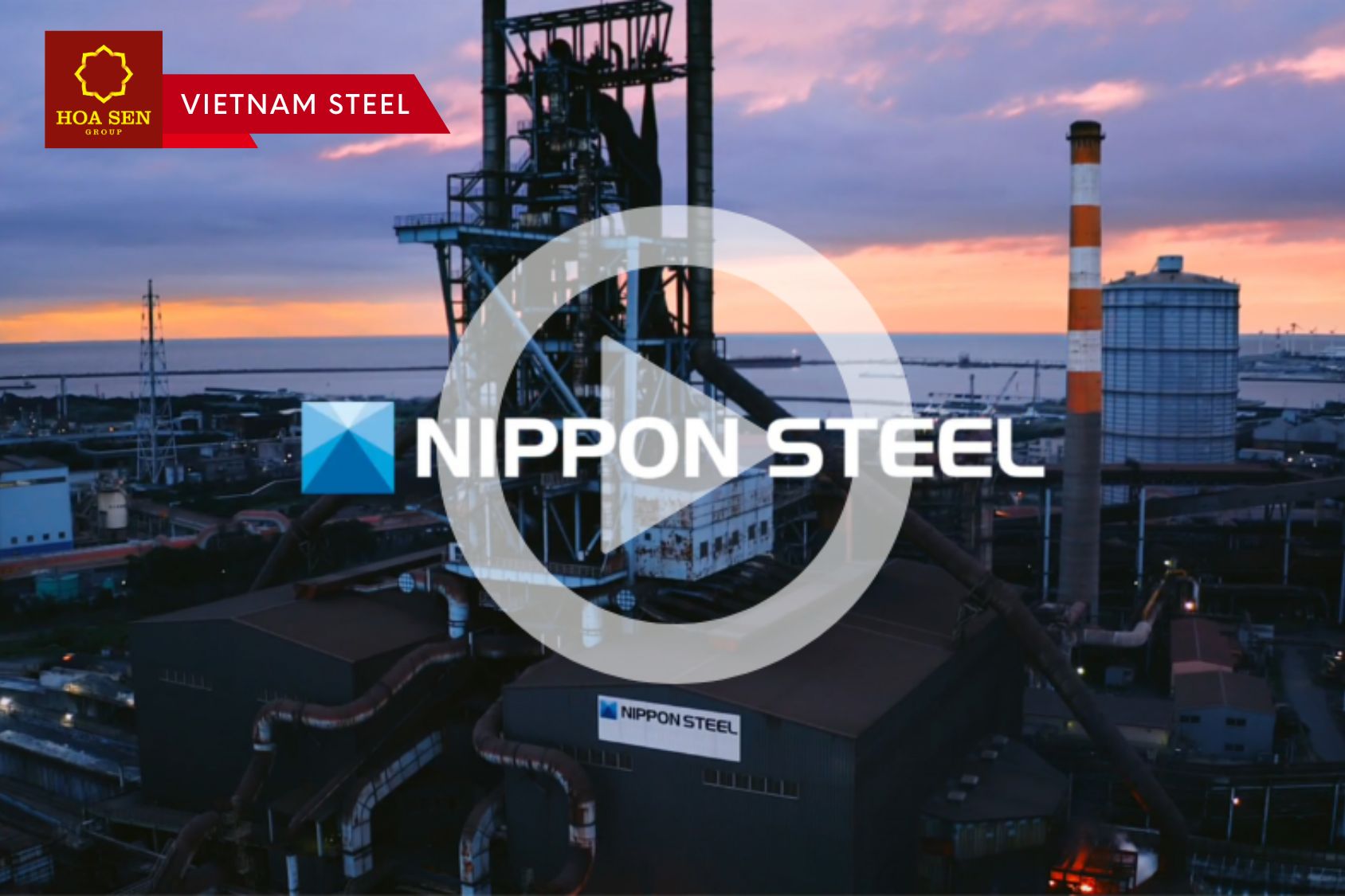Exports of pig iron, billets and long steel products can stop after 2030
According to the research “How EU CBAM could weaken economy of Ukraine”, 93% of Ukrainian exports which falls under CBAM regulation is represented by iron & steel sector. Production of pig iron and long steel products will have the biggest losses from CBAM.
In Ukraine, 89% of steel has been produced using BF-BOF or BF-OHF route, that means quite high average carbon intensity – 2.3 tons of CO2 per ton of steel. This figure also relates to billets and long products (rebar, wire rod and other bars).
GMK Center assumes that Ukraine could lose all its billet and longs exports as the result of CBAM because Ukrainian billet and longs would be uncompetitive to products, produced via EAF route in the EU. Average carbon intensity of EAF route is 0.3-0.4 tons of CO2 per ton of steel.
Pig iron sales also could halt as CBAM payments for pig iron deliveries could reach $160 per ton in 2030. It would mean that pig iron segment mainly could be substituted by imported HBI, that actively develops in MENA.
Annually Ukrainian companies export to EU 55-60 ths tons of steel products like steel structures, reservoirs, containers, bolts, screws etc. Such companies do not have primary production of iron or steel. But as iron and steel products are under CBAM regulation, they also need to provide data to EU importers for CBAM reports.
Producers of iron and steel products should submit such sector specific data, as the main reducing agent used in precursor production, mass % of Mn, Cr, Ni, total of other alloy elements, mass % of materials contained which are not iron or steel, tons scrap used for producing 1 t of the product, % of scrap that is pre-consumer scrap.
It could be difficult to collect such data, especially if company does not produce pig iron or crude steel directly. CBAM could become new technical barrier for trade and increase administrative expenses of small & middle exporters and importers. Difficulties connected with providing data will have negative impact on prices of exported products.
Read more: Nippon Steel has applied for a subsidy to build new EAFs
Vietnam Steel by Hoa Sen Group

